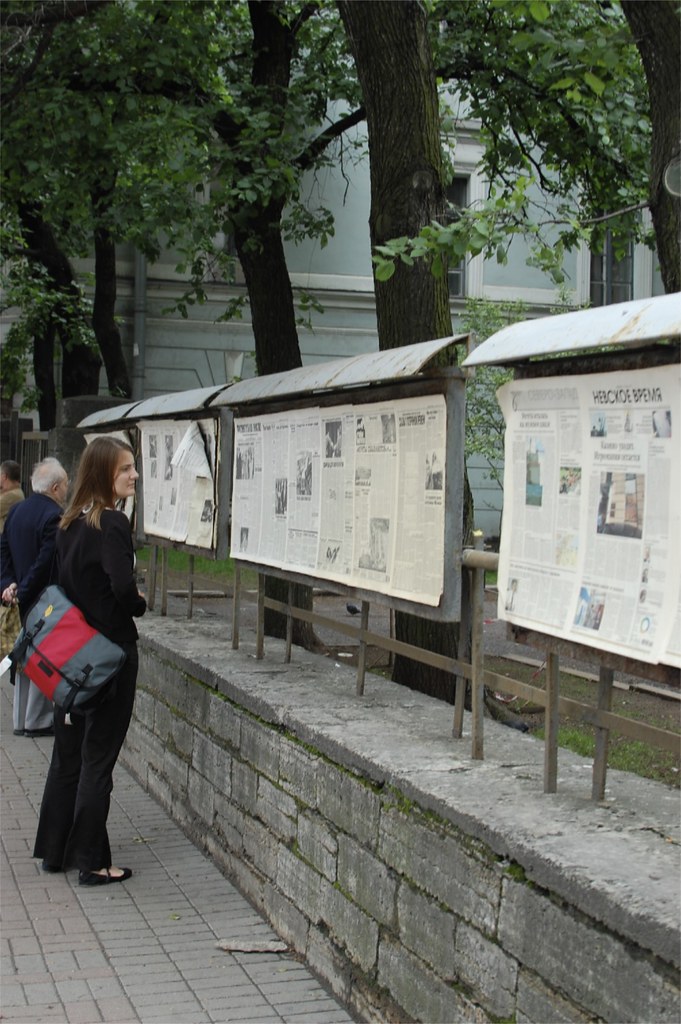When preparing for the Indian Heritage and Culture section of the UPSC exam, it’s essential to cover a broad range of topics to ensure a comprehensive understanding. Here are some key areas to focus on:
Ancient Indian History
Indus Valley Civilization: Features, town planning, artifacts, and decline.
Vedic Period: Society, economy, religious practices, and literature.
Mahajanapadas and Mauryan Empire: Political structures, administration, Ashoka’s Dhamma.
Post-Mauryan Period: Kushanas, Shakas, Satavahanas.
Medieval Indian History
Gupta Period: Golden Age of India, art, culture, literature.
Southern Dynasties: Cholas, Cheras, Pandyas – administration, art, architecture.
Delhi Sultanate: Administration, society, cultural developments.
Mughal Empire: Administration, art, architecture, cultural amalgamation, decline.
Art and Architecture
Rock-cut Architecture: Ajanta, Ellora, Elephanta caves.
Temple Architecture: Nagara, Dravidian, and Vesara styles.
Indo-Islamic Architecture: Features, examples like Qutub Minar, Taj Mahal.
Colonial Architecture: Influences and examples.
Literature and Philosophy
Ancient Texts: Vedas, Upanishads, Epics (Ramayana, Mahabharata), Puranas.
Buddhist and Jain Literature: Tripitakas, Jataka tales, Jain Agamas.
Medieval Literature: Bhakti and Sufi literature.
Modern Indian Literature: Key literary figures and their works.
Religion and Philosophy
Hinduism: Beliefs, practices, major sects.
Buddhism: Teachings of Buddha, spread and impact.
Jainism: Teachings of Mahavira, spread and impact.
Islam and Sufism: Spread in India, Sufi orders.
Other Religions: Sikhism, Christianity, Zoroastrianism.
Music and Dance
Classical Music: Hindustani and Carnatic traditions.
Classical Dance Forms: Bharatanatyam, Kathak, Odissi, Kathakali, Manipuri, Kuchipudi, Mohiniyattam.
Folk Music and Dance: Regional varieties and their cultural significance.
Painting and Performing Arts
Ancient and Medieval Paintings: Ajanta, Bagh, and miniature paintings.
Modern Indian Art: Raja Ravi Varma, Bengal School of Art.
Theatre: Traditional forms like Yakshagana, Nautanki, and modern Indian theatre.
Cultural Institutions and Heritage Sites
UNESCO World Heritage Sites in India: Significance and features.
Museums and Cultural Institutions: National Museum, Victoria Memorial, etc.
Fairs and Festivals: Cultural significance and regional variations.
Socio-Cultural Reform Movements
Brahmo Samaj, Arya Samaj, Ramakrishna Mission: Leaders and impact.
Reformers: Raja Ram Mohan Roy, Swami Vivekananda, Jyotirao Phule.
Contemporary Cultural Developments
Cinema: Evolution of Indian cinema, notable filmmakers and movements.
Literary Awards and Institutions: Sahitya Akademi, Jnanpith Award.
By thoroughly covering these topics, you’ll be well-prepared for questions related to Indian Heritage and Culture in the UPSC exam.




